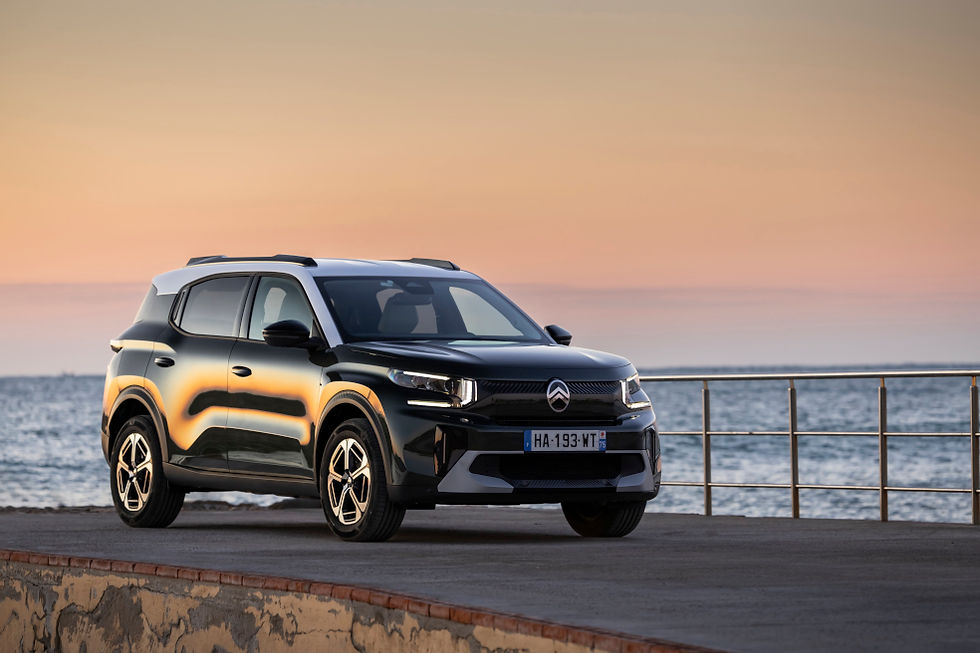Citroën C4: a battery workshop for the Madrid plant
- Jérémy

- Sep 12, 2023
- 2 min read

Since the launch of the third generation in 2020, the Citroën C4 has been available in a 100% electric version, for which the battery assembly is carried out at the Zaragoza plant. In order to cope with the increase in volumes of the C4 and C4.
The start of a third night shift, investment in this new battery workshop, is good news for the Madrid plant that assembles the Citroën C4 and C4 X thermal and electric for the world. The Madrid plant, which produced 17,556 electric vehicles in the first half of 2023, or 33% of the plant's total volume, will therefore benefit from additional investment that will allow it to assemble the batteries for the compact sedans on site in the rafters, but above all to put an end to an industrial assembly process that is a source of cost and environmental impact.
Until now, the batteries needed for the C4 and C4e electric cars, due to the weight of each battery (350 kilos), required a significant number of daily truck transports, which generated costs and additional pollution over the 320 km between Zaragoza and Villaverde. This is why Stellantis decided to open a battery assembly workshop in Madrid, especially since the workshop in Zaragoza was working at maximum capacity and 50% of the batteries produced in Zaragoza were destined for the Madrid factory. In particular, the Zaragoza plant has started production of the electric Peugeot 208, which is being produced at a high rate, so the workshop's production has increased from 18 to 27 batteries per hour, before rising to 45 since this summer, but this is not enough to meet the Group's growing demand for electric vehicles.
By the summer of 2024, a brand new battery workshop will be built at the Madrid plant, both to relieve the pressure on the Zaragoza workshop and to meet the growing demand for the electric C4 and C4 Forward.





Comments